The News
The FinOps Foundation’s fall analyst newsletter highlights several new resources for practitioners, including on-demand FinOps X breakout sessions, recordings of the August and September virtual summits, and a new paper on the Model Context Protocol (MCP) applied to FinOps. The upcoming December 11, 2025 Virtual Summit will feature the FOCUS 1.3 launch, Q4 cloud announcements, and a keynote on the year’s evolution and outlook.
Analysis
Data Clouds and AI Reshape the FinOps Challenge
AI and data cloud adoption are intensifying cost governance complexity. According to research done by theCUBE and ECI Research, enterprise IT spending priorities increasingly tilt toward AI/ML tools (70%+) and cloud infrastructure (65%+). With workloads shifting to GPU-heavy AI pipelines and data-intensive cloud services, traditional FinOps practices must extend to cover new pricing models, opaque billing, and unpredictable consumption patterns.
Turning Cost Data into Strategy
The September Summit spotlighted FinOps for AI, with practitioners from Shutterstock, AMD, and PointFive unpacking AI-specific considerations like processor choice, token-based pricing, and linking AI spend to business outcomes. This reflects an important shift where cost allocation is no longer about VMs and storage alone, but also about AI model runs, inference requests, and GPU utilization efficiency. As we’ve noted, AI-native workflows require cost observability at the same velocity as application observability.
Fragmentation and Manual Effort
Organizations have managed cloud costs through point tools, manual reporting, and siloed finance/engineering collaboration. Our Day 2 survey data shows that only 28.8% of organizations include cost attribution/optimization in their observability priorities, suggesting that most developers and SREs still treat cost as a downstream finance task rather than part of engineering workflows. This gap becomes unsustainable in AI-driven environments where a single misconfigured workload can inflate costs exponentially.
AI-Driven FinOps and MCP
The introduction of the Model Context Protocol (MCP) in a FinOps context hints at a future where AI models automate FinOps tasks themselves, querying CSPs for cost context, aligning billing with usage, and flagging anomalies. Developers may not need to manually reconcile invoices or guess GPU efficiency; instead, FinOps will increasingly be embedded into CI/CD pipelines, observability dashboards, and AI orchestration layers. Early adoption remains experimental, but this trajectory could reduce the engineering overhead of cost reporting while improving real-time accountability.
Looking Ahead
The FinOps Foundation’s focus on AI and Data Clouds signals that cost optimization is becoming as critical as application performance and security. The FOCUS 1.3 launch in December may further standardize cost allocation frameworks for AI, offering developers and platform engineers a common language to balance innovation with fiscal responsibility.
For the industry, this points toward a convergence. FinOps, observability, and AI orchestration will increasingly intersect, making cost-awareness a native part of the developer workflow. Organizations that succeed in embedding FinOps into their pipelines are likely to see faster innovation without runaway budgets, an imperative as enterprises move from AI experiments to production-scale deployments.








